| Name | Hon. Professor Amrahi bin Buang, AMN, RPh |
| Country | Malaysia |
| Organisation | Malaysian Pharmacists Society (MPS) |
| Year of Starting in the Halal industry | 1998 |
| Significant Positions | Former Deputy Director (Professional) and Chief Pharmacist, Universiti Malaya Medical Centre (UMMC), Kuala Lumpur. (1995-2015) President, Malaysian Pharmacists Society (2016 – now) President, Malaysian Silat Cekak Ustaz Hanafi Association |
Background and Personal History
Personal Introduction:
| Hon. Professor Amrahi Buang, an exponent of Silat(a combative art of self-defence and survival rooted in the Malay Archipelago), was born in Kuala Lumpur, Malaysia, on 30 August 1955.Married to Faudziah Mohd Amin since 1980, they are blessed with four children—one daughter, three sons,and seven grandchildren. He attended primary school in Singapore and later finished his secondary and pre-university studies in Kuala Lumpur. His involvement in Silat since 1974 has moulded his character and personality. His other hobbies are football and field hockey. Mr Amrahi was conferred the award of Ahli Mangku Negara (AMN) (Member of the Order of the Defender of the Realm) by the Yang di-Pertuan Agong (King of Malaysia) in 2011. The Ahli Mangku Negara is a fifth-rank award of the Darjah Yang Mulia Pangkuan Negara (Order of the Defender of the Realm) – a Malaysian Federal award conferred for extraordinary and meritorious service rendered to the King and country. The AMN is also conferred on those who have carried out their duties beyond the normal call of duty. |
Professional Introduction:
| Hon. Professor Amrahi Buang, a registered pharmacist (RPh),started his journey in the pharmacy profession in 1975 when he enrolled in the Bachelor of Pharmacy (Honours) programme at Universiti Sains Malaysia in Penang, which he completed in 1979. This degree programme is the first to be offered by a Malaysian university, and he was in the fourth batch. He did the pre-registration training at Kuala Lumpur General Hospital and the Government Medical Stores in Petaling Jaya, Selangor, before joining Universiti Malaya Medical Centre (UMMC)in 1980 asa house pharmacist. UMMC, formerly known as University Hospital, is a government-funded teaching hospital and medical institution located in Pantai Dalam, southwest corner of Kuala Lumpur, Malaysia. It was established by Statute in September 1962 and is part of the University of Malaya (UM). It serves as the teaching hospital for UM’s Faculty of Medicine and is Malaysia’s largest and oldest teaching hospital. The UMMC is also the second-largest hospital in Malaysia. Mr Amrahi was a committee member in several of UMMC’s hospital Shariah conferences from 2000 to 2004. He was also immensely involved in UMMC’s quality management initiatives. He served as the deputy management representative for the SIRIM Quality Management System for 5 cycles and the Malaysian Society for Quality in Health (MSQH) accreditation in 2012. He retired as UMMC’s Deputy Director (Professional)in 2015. He continues to make significant contributions to the pharmacy profession and Halal Pharmaceuticals initiatives, at both domestic and international levels, by serving as the President of the Malaysian Pharmacists Society (MPS), a post he was elected to initially in 2016 and subsequently re-elected to in 2018, 2021, and 2023. His leadership has left an indelible mark on the Halal industry. He is currently a council member of the Federation of Asia Pharmaceutical Association (FAPA), the Commonwealth Pharmacists Association (CPA), and the International Pharmaceutical Federation (FIP). With these roles, he envisions a future where the Halal industry is not only thriving but also setting new standards for excellence. During his 35-year career at UMMC, he received six excellent service awards and the UMMC Director Special Award in 2015. In December 2022, the University of Cyberjaya, Malaysia, conferred him the Honorary Professor of Pharmacy Practice. He has contributed as a speaker on Halal pharmaceuticals in many national and international talks and conferences organised not only for the Halal industry but also for the Pharmacy profession in general, spreading Halal Awareness to reach a wider audience globally. |
Personal Journey:
What is your background, and how did you get started in the Halal industry?
| The excellent upbringing of my parents and my Silat Guru Utama, Ustaz Hanafi Hj Ahmad, resulted in my strong character as a Muslim who serves the Ummah wholly. This ethos was my driving force to persevere in executing the arduous task of pioneering Halal Pharmaceuticals in UMMC in 1998.I dived into the field without any hesitation. I’m forever grateful to Allah swt for this blessed opportunity. |
What inspired you to pursue a career in the Halal sector?
| As one of the pioneer Muslim pharmacists in the country, I feel obligated to shoulder this responsibility for the benefit of the Ummah, not only in Malaysia but globally. |
Can you describe your educational and professional background before entering the Halal industry?
| After deciding to pursue pharmacy as a career, the commitment to contribute to the Ummah is immense. I chose pharmacy because it is a noble profession. Medicine management for patients is a complex subject. The main emphasis is on medicine adherence and medication safety among patients.Working hand in hand with doctors and nurses in these areas is crucial. Separation of roles for health care professionals is required to benefit patients. Doctors prescribe, pharmacists dispense, and nurses administer. Each healthcare professional plays a responsible role in patient safety. As a Muslim pharmacist, my commitment is to address the needs and concerns of Muslim patients regarding the Halal status of all pharmaceuticals. This is an integral part of treatment according to S |
Motivations and Influences:
Who or what were your biggest influences when you began your journey in the Halal industry?
| In my case, it started in 1998 when Dato Dr Anuar Zaini Md Zain, as the Director of Universiti Malaya Medical Centre, formed a committee to address the needs of the Muslim patients in the hospital and fulfil our obligations according to Syariah principles. I was given the responsibility to investigate the halal status of all medicines in the UMMC Drug Formulary, which is a list of medicines available in the hospital. |
How does your personal faith and beliefs influence your work in the Halal industry?
| I’m a born Muslim, and I didn’t attend any formal religious school; hence, my religious knowledge had been quite basic when I was entrusted with the responsibility of investigating the Halal status of medicines in 1998. However, my understanding of the fundamentals of the faith (tauhid and aqidah) and beliefs as a Mu’min make it an obligation for me to carry out this mission as best as possible with the Will, Guidance and Blessings of Allah swt. Alhamdulillah, this first task led me to seek knowledge and advice from both religious clerics and health professionals, which not only helped me to complete my task but, most importantly, the wisdom gained had further strengthened my religious knowledge and understanding of the obligations which need to be carried out by a true Muslim in fulfilling the Maqasid Shariah, which in my profession would be the “Preservation of Life”. Furthermore, my Silat training, which has evolved into a refined practice of physical and spiritual/mental health training, gave me the will and perseverance to face, mitigate and overcome the many challenges in this Halal Pharmaceutical journey, as it was at the embryonic stage. |
Industry-Specific Contributions
Sector-Specific Questions:
Which sector of the Halal industry are you involved in (food, finance, pharmaceuticals, cosmetics, logistics, tourism, etc.)?
| As a professional independent consultant, I’m involved in Halal pharmaceuticals, medical devices, and cosmetics. |
What were the main challenges you faced when you started in this sector?
| The main challenge is being a pioneer in this field, as I have to pave the way from scratch with minimal references readily available at hand. Halal pharmaceuticals is a relatively new sector compared to food and beverages. During that time, I was entrusted with investigating the Halal status of the medicines in UMMC, i.e. way back in 1998, when Google, what more digitalisation and Artificial Intelligence (AI) was not available at our fingertips, nor were there many publications, seminars or training on Halal, what more Halal Pharmaceuticals, being as widely accessible as they are now. Everything then had to be done manually – the research, the compilation, the reporting, etc. I spent more than a year completing this investigation- going through the product leaflets and brochures and contacting suppliers/manufacturers while simultaneously carrying out my daily tasks as the Chief Pharmacist of UMMC. Alhamdulillah, it is with the help and cooperation of my team and then Prof Dr Samsinah Hussain, Head of the Pharmacy Department at the University of Malaya, that these efforts materialised. This information was then made available to all in UMMC through its intranet network. |
Can you highlight some key innovations or contributions you have made in this sector?
| In June 2012, I shared my Halal journey and experience in UMMC with Brigadier General Dato’ Dr Halim Basari for the certification of 91 Terendak Camp Hospital under SIRIM MS1900 Quality Management System (QMS) from an Islamic perspective. Further, I was an invited speaker for the CCM Halal Seminar, which was the beginning of an extensive collaboration with CCM (Chemical Company of Malaysia Berhad) and later with Duopharma Biotech Berhad (formerly a subsidiary of CCM) on various initiatives involving Halal Pharmaceuticals. I was recommended by Ms Rozi Osman from CCM to be a member of the Committee for the Promotion of MS2424: 2012, which was set up by the Department of Standards Malaysia (DSM) and chaired by the then DSM’s Director General, Datuk Fadilah Baharin. This Committee’s main task was to create awareness amongst the various stakeholders in both Halal and Pharmaceutical industries in order to garner buy-in to Halal-certified pharmaceuticals from vested parties and all walks of life. This Committee later became DSM’s Technical Committee for Halal Pharmaceuticals, which supervised the development and maintenance of the MS2424. |
Market Insights:
How has the Halal industry evolved since you first entered it?
| The scope of Halal-certified products has now expanded beyond Food and Beverages. As knowledge deepens and technology advances, the need for Halal-certified products (and services) throughout the supply and value chains to meet consumers’ needs and wants keeps on growing, too. Personally, I was involved in training the first batch of Department of Islamic Development Malaysia (JAKIM) Halal auditors assigned to the Halal certification process for pharmaceutical products following the publication of the world’s first Halal Pharmaceutical Standard, the MS2424, on 1 October 2012. JAKIM opened the application for Halal certification under this scheme to the pharmaceutical industry with effect from 11 October 2012. Malaysia has made significant advancements in Halal pharmaceuticals, carving out a niche sector within both local and global Halal industry and providing leadership to the stakeholders |
What trends do you see currently shaping the future of the Halal industry?
| We are seeing a lot of uptake for Halal pharmaceuticals across the globe, not only in Muslim countries but also in non-Muslim countries. In fact, Halal is for all. It’s a new value. It’s also a blue ocean strategy for the industrial players in this sector. It’s a business opportunity, a Kaizen initiative. |
Challenges and Achievements
Overcoming Challenges:
What are some significant obstacles you have encountered in your career?
| As a pioneer in this subject, it’s a long and challenging journey to convince the stakeholders. These include government agencies and authorities, healthcare professionals like pharmacists, doctors, and nurses, and most importantly, the public, consumers, and patients. The manual investigation process for the Halal status of medicines in UMMC can be replicated in all pharmacy practice settings. |
How did you overcome these challenges?
| The buy-in from top management is a crucial success factor. From here, I advocated extensively among healthcare professionals, including pharmacists and their teams, doctors, and nurses. I coupled this with UMMC’s QMS certification and MSQH accreditation initiatives. In the end, the Halal journey is fulfilling. |
Achievements:
From industry?
| My most rewarding achievement is being a subject matter expert on Halal pharmaceuticals and Halal-centric pharmacy practice. At present, I’m the Chairperson of the MPS Halal Pharmaceuticals Chapter. In December 2022, the University of Cyberjaya conferred me as an Honorary Professor of Pharmacy Practice, further enriching my Halal Pharmaceutical journey. |
Are there any specific projects or milestones that you are particularly proud of?
| I produced two guidelines, “Management of Medicines from Islamic Perspective” and “The Use of Non-Halal Medicines for Muslim Patients,” in Universiti Malaya Medical Centre in 2005, which later became the national guidelines of the Ministry of Health Malaysia. I’m currently attempting to produce a national guideline on pharmaceutical intoxicants in Halal Pharmaceutical production. This guideline is important to support the MS 2424—Halal Pharmaceuticals standard. I have also conducted Halal Pharmapreneur programmes for more than 40 community pharmacies in Malaysia. Halal Pharmaprenueur started as a collaborative initiative with CCM in 2017, where entrepreneur in the field of community pharmacy applies appropriate knowledge of pharmaceutical science in performing patient care within the concept of Halal and Shariah-compliant entrepreneurship in business whilst at the same time guiding Muslim customers to choose the most appropriate use of medicine accordingly. This initiative is currently being continued by Duopharma Biotech Berhad (who was formerly CCM’s subsidiary). It is also being offered as the Professional Certificate of Halal Pharmapreneur by Universiti Kebangsaan Malaysia (UKM), a public research university with a teaching hospital -the Universiti Kebangsaan Malaysia Medical Centre. |
Impact and Legacy
Industry Impact:
How has your work impacted the Halal industry in your country and globally?
| The uptake of local pharmaceutical manufacturers in Halal pharmaceutical certification for local use and export has significantly improved over the years. |
What changes have you seen in consumer behaviour and industry practices due to your efforts?
| Public awareness of certified Halal pharmaceuticals has improved tremendously in Malaysia, and demand has increased significantly over the years. This is due to the many efforts being made at various levels to increase public awareness and literacy on this matter. |
Social Responsibility:
How do you ensure that your work adheres to ethical and Halal standards?
| Pharmacists are a noble profession. In line with the definition of Halalan Toyibban, a Halal-centric pharmacy practice is possible. With the industry’s support, I have trained about 40 Pharmacists as Halal Pharmapreneur and Halal-centric pharmacy practitioners in Malaysia. |
What initiatives have you taken to promote sustainability and social responsibility within the Halal industry?
| The Malaysian Pharmacists Society (MPS), together with the Faculty of Pharmacy, National University of Malaysia (Universiti Kebangsaan Malaysia/UKM), and Duopharma Biotech Berhad, together with professional individuals,have developed the Professional Certificate programme for Halal Pharmapreneur offered by the university. The first batch was produced in 2023, and a new batch will be trained in 2024. I’m currently the Chairperson of the MPS Halal Pharmaceuticals Chapter at the MPS level. |
Future Vision
Future Plans:
What are your plans for the future within the Halal industry?
| In Shaa Allah, I’ll continue to support the Malaysian government’s efforts to promote the Halal pharmaceutical industry, as Malaysia has the best Halal ecosystem in the world. |
What goals do you still hope to achieve?
| To continue supporting the government’s efforts to produce Halal-certified vaccines at national, regional and global levels. To share with global players on Halal-centric pharmacy practice and Halal pharmaceuticals certification. |
Advice to Aspiring Professionals:
What advice would you give young professionals looking to enter the Halal industry?
| This field has a lot of potential. Community pharmacists should embark on Halal-centric community pharmacy practice. Industrial pharmacists should be champions in this field, as this is their domain. The rewards are huge not only in life but also in the hereafter. |
How can the next generation continue to innovate and improve the Halal industry?
| Halal Pharmapreneur is an innovation. It has great potential in the future as it improves the Halal-centric pharmacy practice in all aspects. |
Cultural and Global Perspectives
Global Perspectives:
How do you see the global Halal industry differing from country to country?
| There is a vast global demand for Halal pharmaceuticals, a new value-add for the pharmaceutical market. The market is expected to grow further as demand from even non-Muslim countries increases. The Malaysian government has identified the Halal industry as a high priority in the current post-pandemic era of COVID-19 infections. |
Can you share any experiences or collaborations with pioneers from other countries?
| Since Halal pharmaceuticals are a relatively new sector and Malaysia is the top nation in this field, most of the players in other countries collaborate with Malaysia. This includes Japan, Korea, China, Indonesia, Singapore, Brunei, and Thailand from Asia. There is also a rise in the Arab countries/Middle East region. |
Cultural Integration:
How do you integrate local cultural practices with global Halal standards in your work?
| As part of the SMIIC Committee on Halal Pharmaceutical Standard of OIC, we managed to harmonise MS2424 with the participating countries within the OIC. SMIIC = Standards and Metrology Institute for Islamic Countries, an intergovernmental and one of the 17 affiliated organisations of the Organisation of Islamic Cooperation (OIC). Its primary focus is on standardisation and metrology technical elements for OIC member countries. |
What are some of the cultural challenges you have faced, and how did you address them?
| Since the Government of Malaysia has two authorities, i.e., the National Pharmaceutical Regulatory Agency (NPRA) and JAKIM, involved in the certification process of Halal Pharmaceuticals in Malaysia, it is one of the world’s highest and most trusted Halal-certified pharmaceuticals. Not only that, but the certification is also based on the world’s first Halal Pharmaceutical Standard – the MS2424, which was developed by a consensus of professional and relevant stakeholders representing the government (including NPRA and JAKIM), industry, academia, pharmacists and consumers (via representative from a reputed Muslim consumer association). |
Networking and Collaboration
Industry Relationships:
Who have been your key partners and collaborators in your journey?
| Since I started the halal journey in 1998, collaboration with other stakeholders has been a critical success factor. In addition to the Ministry of Health and JAKIM, there are collaborations with the Ministry of Defence, teaching hospitals, universities, industry players, and other government agencies, including the Halal Development Corporation (HDC), Ministry of Investment, Trade and Industry (MITI), and religious authorities in all the states in Malaysia. The manufacturers’ uptake is also a key success factor of Halal Pharmaceuticals in Malaysia. |
How important is networking within the Halal industry, and how have you built your network?
| Networking with all stakeholders in the Halal industry in Malaysia is a reality. Malaysia has the best Halal ecosystem in the world. |
Reflective Questions
Personal Reflection:
Looking back on your career, what would you have done differently?
| From experience, the whole Halal journey is long and challenging since it’s a pioneer endeavour. However, it has grown immensely over the decades, and it’s most fulfilling in terms of outcomes and impact. |
How do you balance personal life and the demands of being a pioneer in the Halal industry?
| From 1998 until the present, I have had no issue with this endeavour since it is an obligation (fardhu ain) for me. I keep going with the guidance and blessings of Allah swtthroughout the journey. |
Legacy and Impact:
How would you like to be remembered in the Halal industry?
| Just being a normal player in the Halal pharmaceutical sector for the sake of the Ummah. I hope Allah swt blesses me in life and the hereafter. |
What legacy do you hope to leave behind for future generations?
| I hope the younger generation of pharmacists will play a significant role in this sector as they are medicines experts. With the knowledge and know-how of Halal pharmaceuticals, we can collaborate with doctors, nurses and other healthcare professionals to provide integrated patient care. |

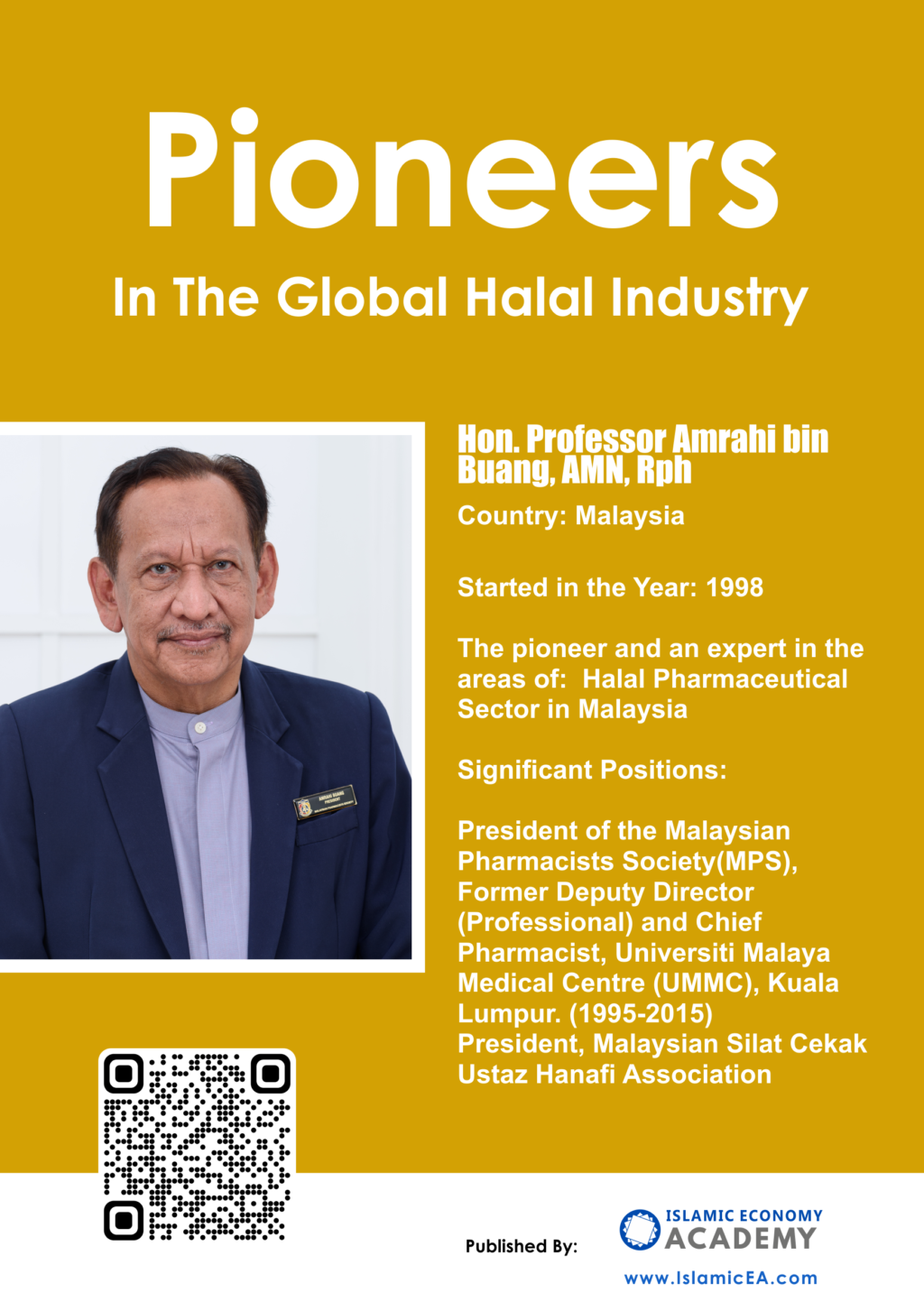
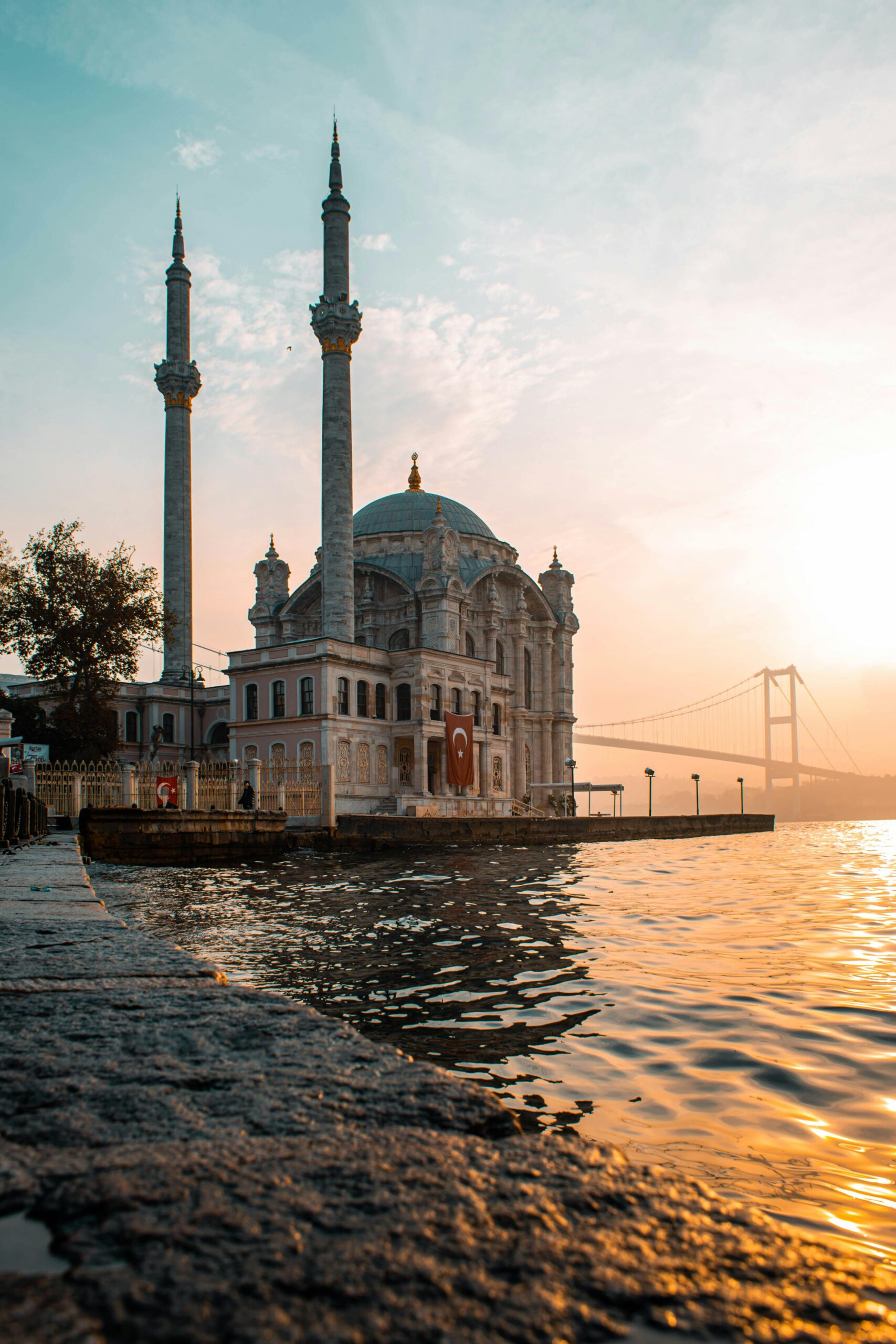
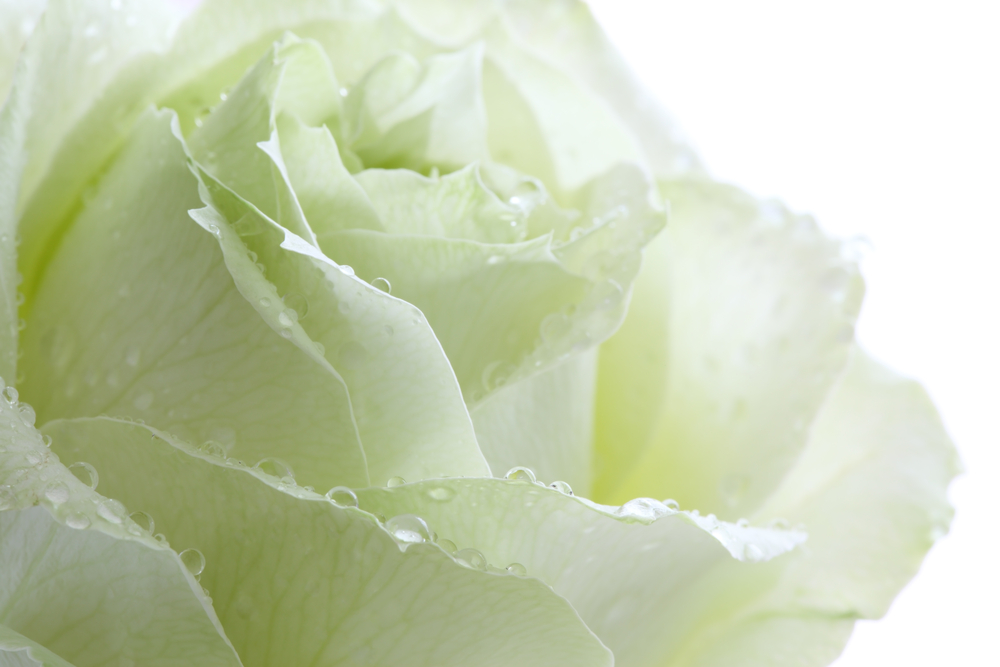
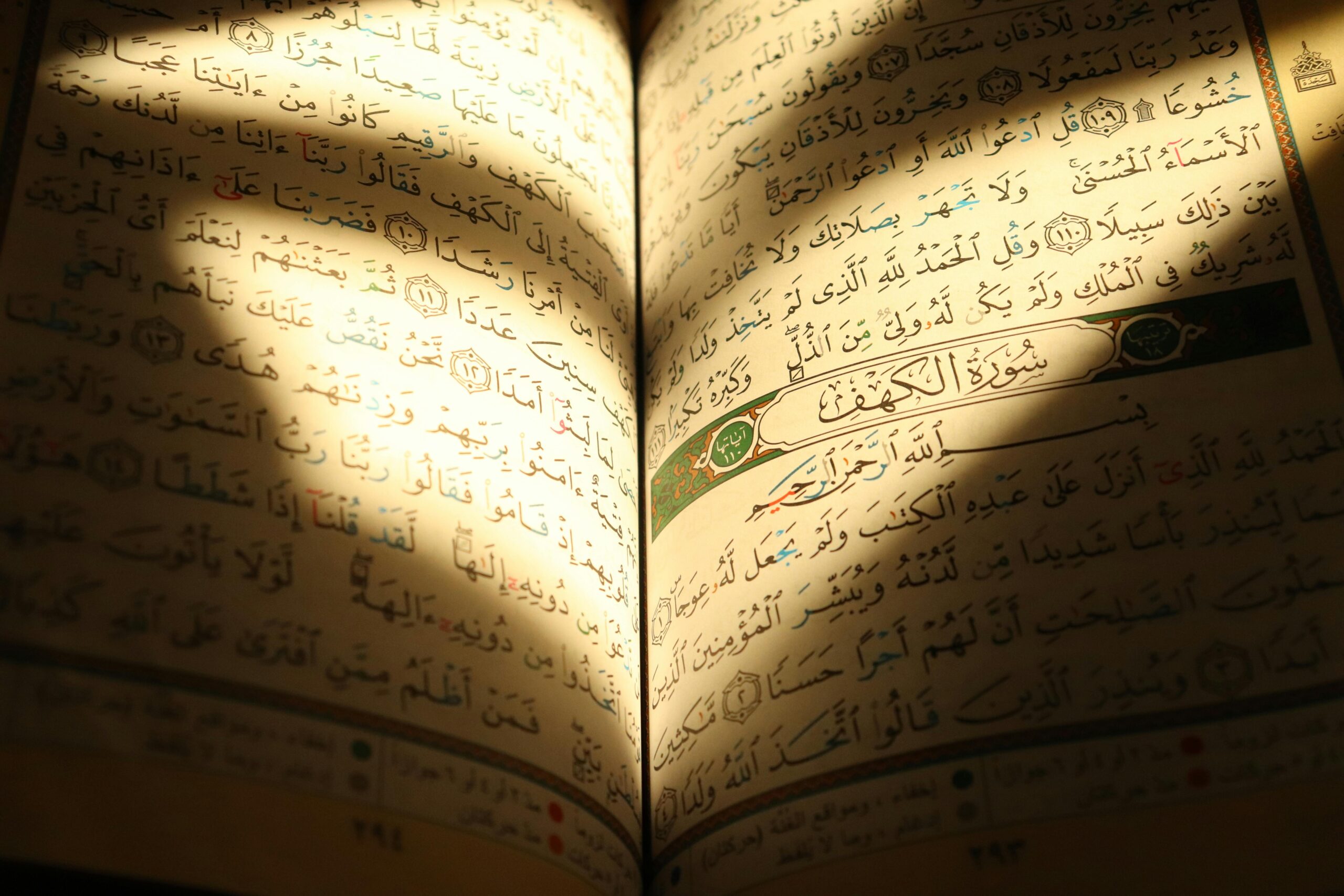
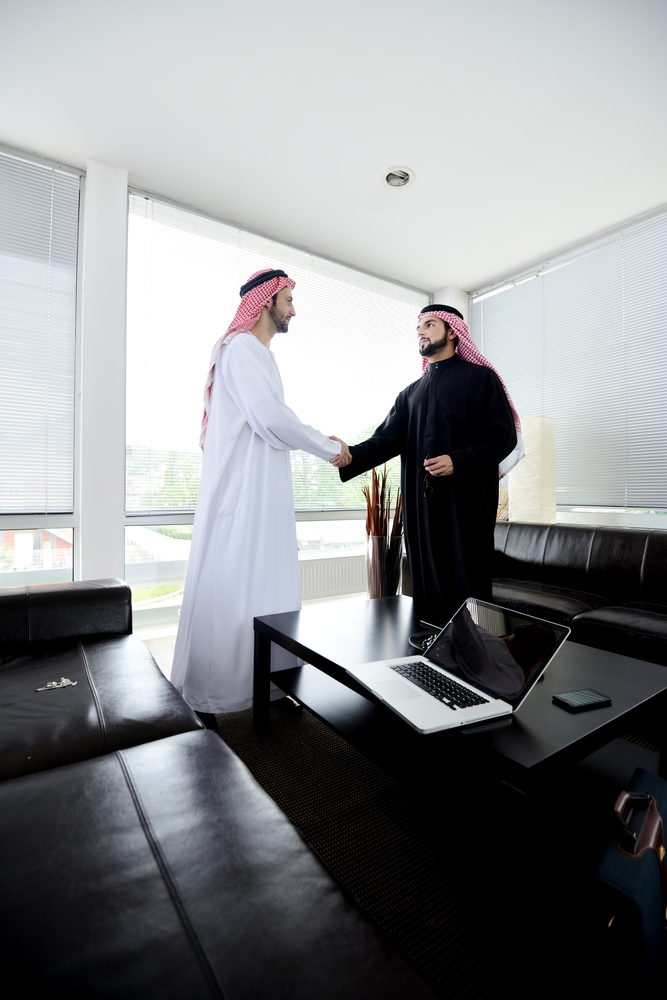

You’ve taken a complex idea and distilled it into something both clear and beautiful.